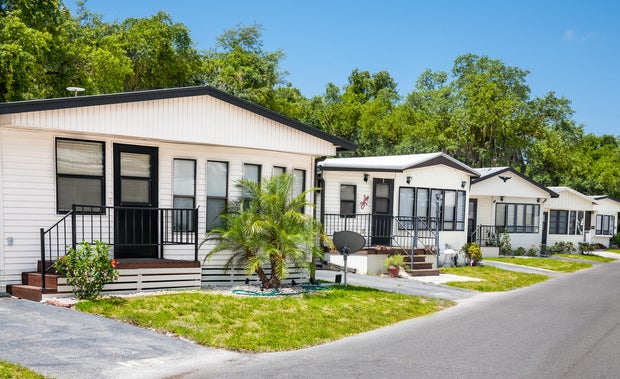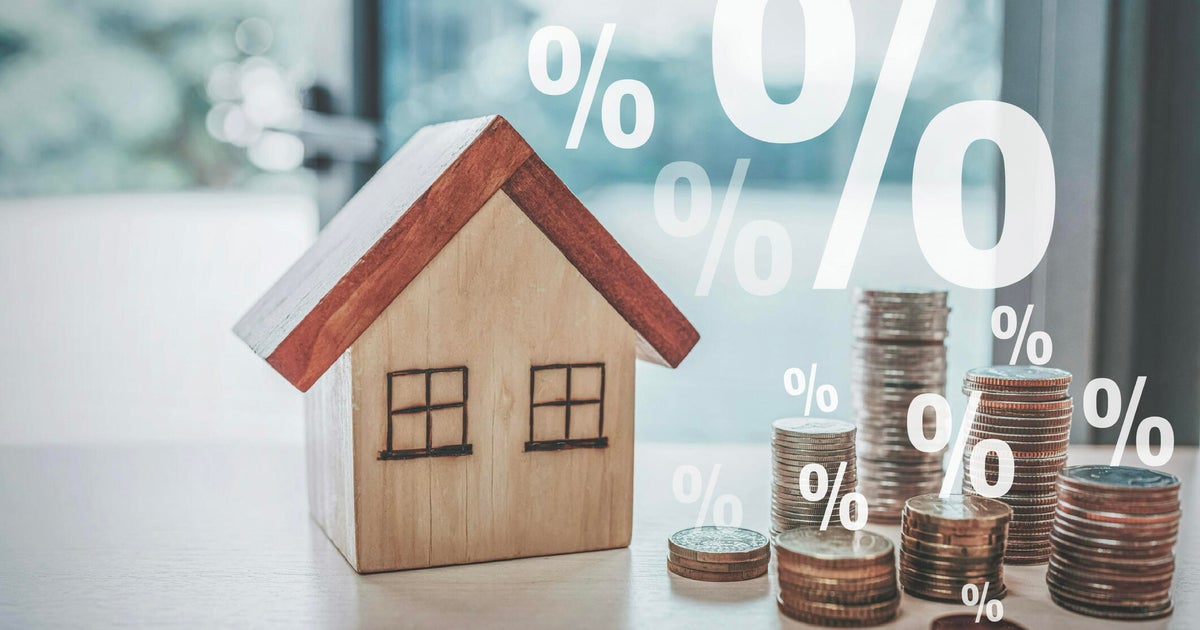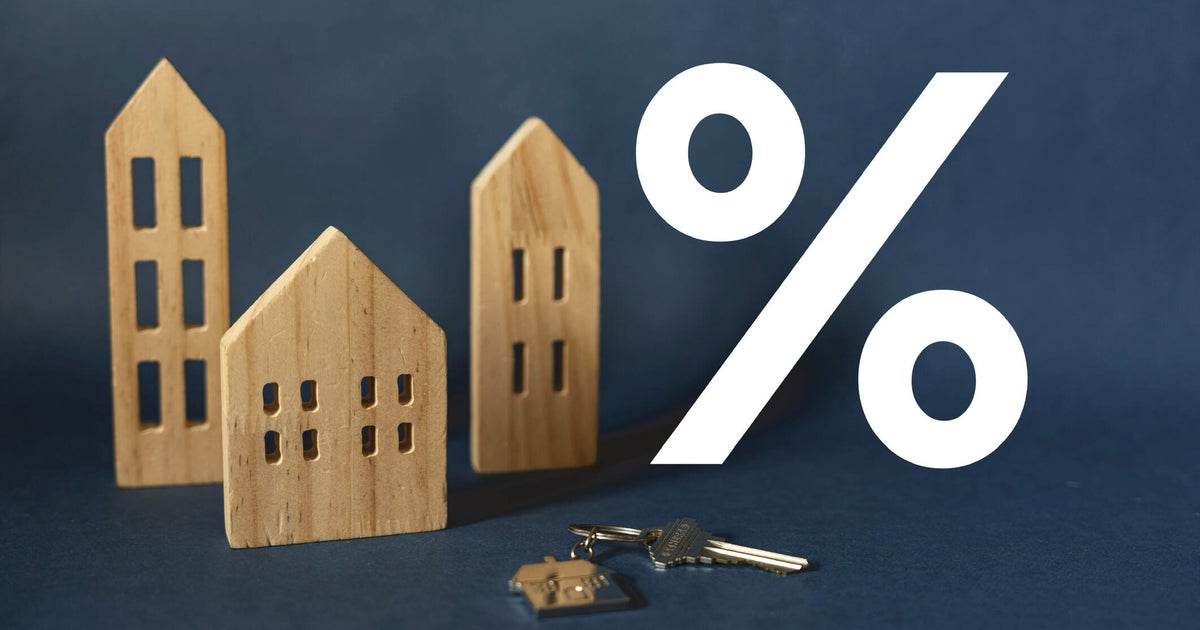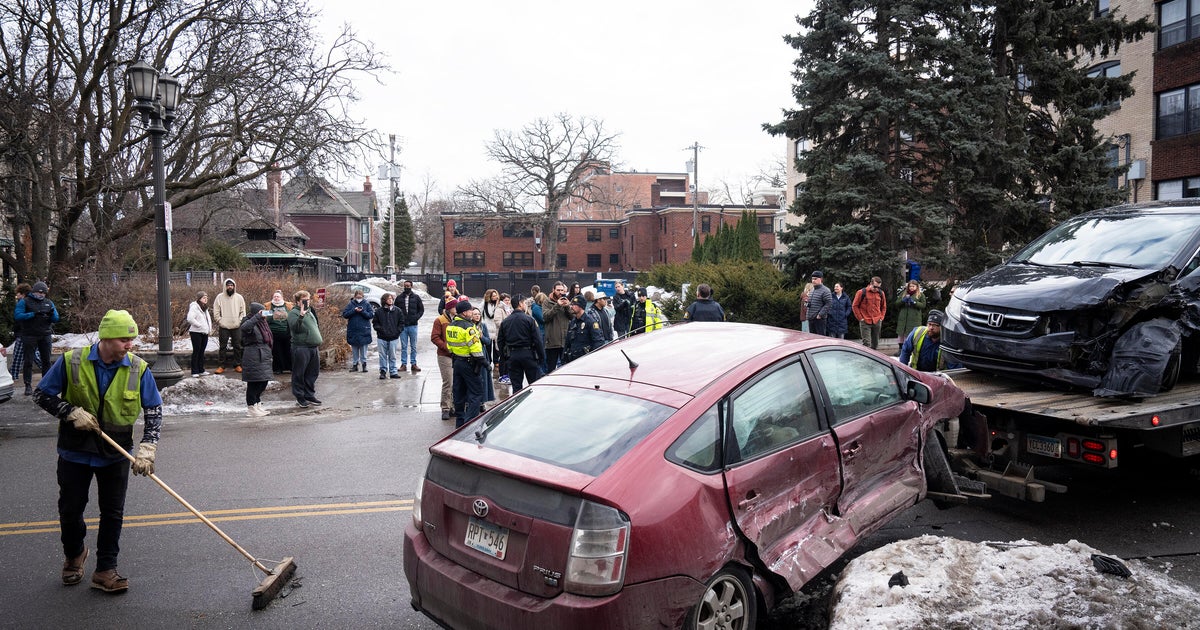Can you get a home equity loan on a mobile home?
As home values have increased over the last few years, home equity loans have become an increasingly popular tool for homeowners to access cash. According to the Federal Reserve Bank of St. Louis, the median home sale price has increased 24% over the past four years. This means most homeowners have more home equity than ever.
At the same time, home equity borrowing rates have been generally trending downward, meaning you can tap into your home equity more affordably right now than you could at just about any other point over the past two years. And, while there are a few different ways to borrow from your home equity, home equity loans, in particular, are a great option for expenses of all kinds, from debt consolidation to home renovations and more.
However, if you're a mobile homeowner, tapping into your home's equity may not be as simple as it would be with other types of homes. To help you better understand the potential hurdles, we spoke with home loan and mobile home experts to learn about whether you can get a home equity loan for a mobile home, the eligibility requirements and some pros and cons to consider.
Compare today's top home equity loan rates online now.
Can you get a home equity loan on a mobile home?
It's possible to get a home equity loan on a mobile home, experts say, but it's generally more difficult than qualifying for one on a traditional single-family home. There are three main requirements to look out for:
- Foundation: To qualify for a home equity loan for your mobile home, your home must be set on a foundation and permanently attached to the land.
- Land ownership: You can generally only qualify for a home equity loan on a mobile home if it's on your own land. You may not qualify if you lease the land your home is on or live in a mobile home park.
- Classification: Your mobile home must be classified as real property to qualify for a home equity loan. Some are classified as personal property.
In addition to those requirements specific to mobile homes, you'll also have to meet certain standard home equity lending requirements. For example, you'll need a good credit score, though the exact requirements will vary from lender to lender.
You'll also be limited by the amount of equity you have in your home. Lenders may only allow you to borrow up to a total of 80% of your home's equity — and that includes your mortgage and equity financing combined. So, if you don't have sufficient equity in your home, you may not be eligible for a loan.
Find the right home equity borrowing option for your needs now.
Pros and cons of taking out a home equity loan on a mobile home
"The benefits of an equity loan on a mobile home are the same as those that own traditional homes, townhomes or condos," says Maja Sly, a real estate broker. "The rates on an equity line are much lower than a credit card or traditional line of unsecured credit.
Though they're more affordable than many unsecured forms of credit, home equity loans can be used for any purpose, making them a flexible borrowing tool. You can use a home equity loan to renovate your home, consolidate high-interest debt or cover financial emergencies.
And, home equity loans have fixed interest rates, while home equity lines of credit (HELOCs) have variable rates. This makes them a good option for anyone who wants certainty and stability in their monthly payments. Once you lock in your rate, you know it won't change unless you refinance your loan.
Of course, there are also some downsides to getting a home equity loan on your mobile home. First, home equity loans are secured by your home. If you can't make your payments, you risk foreclosure. Not to mention, you're taking on an additional debt payment that could add some strain to your budget.
There are other downsides specific to mobile homes, too. For example, because home equity loans on mobile homes come with more risk for the lender, they may have less favorable loan terms.
"The bad news is that mobile homes don't hold their value in the same way that traditional ones do. This means that your home equity loan will have a higher interest rate, a shorter term, and a lower borrowing limit," says Jonathan Palley, CEO of Clever Tiny Homes.
The bottom line
Qualifying for a home equity loan on a mobile is typically more challenging because of the unique eligibility requirements, the nature of mobile home values and the increased risk for the lender. But these loans offer the same benefits as they do to other homeowners, including flexibility and lower rates than unsecured lending tools. If you're considering a home equity loan on your mobile home, be sure to shop around for a lender that caters to mobile homes and understands your unique needs.




